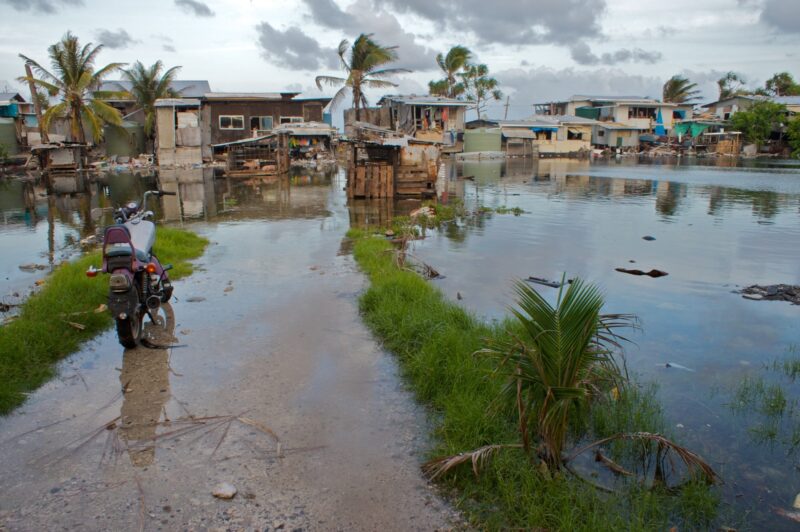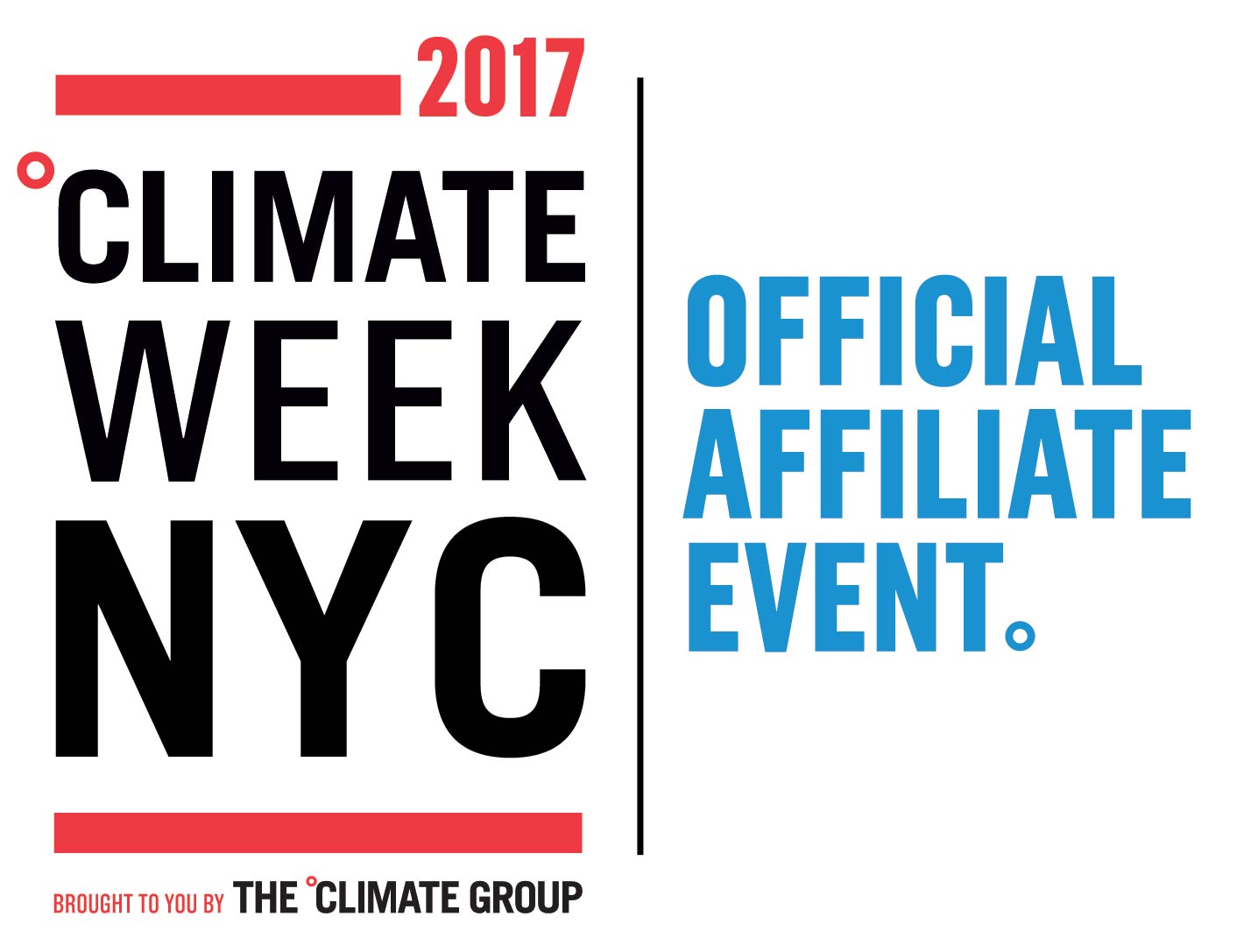The ‘Islands COP’ 2017: 1.5°C science, significance and ingredients for success
| 20 Sept 2017 | |
| 09:00 - 12:30 | |
| Climate Hub, Instituto Cervantes 211 E 49th St, New York, NY 10017 |
Share

The ‘Islands COP’ 2017: 1.5°C science, significance and ingredients for success
Small Island Developing States (SIDS) and other vulnerable countries are on the frontline of climate change although they have done very little to cause it. They have fought long and hard to ensure that the Paris Agreement helps us avoid the worst of climate change impacts. Fiji’s presidency of COP23, the first ‘Islands COP,’ offers an opportunity for SIDS and other most vulnerable countries to put their concerns and ambitions at the forefront of Paris Agreement implementation process. As governments work on the rules needed to fully implement this landmark treaty, it is crucial to ensure that these rules are robust, enhance the integrity of the Agreement and facilitate its implementation.
Given the current international political context, including the US position on the Paris Agreement and climate finance, accelerating the implementation of the Agreement to put the world onto the 1.5°C track is more urgent than ever.
While the adoption of the Paris Agreement’s 1.5°C limit has not been without controversy, scientific developments and understanding since 2015 continue to reinforce the importance of this limit to reduce risk, damages and adaptation costs.
We will present the latest scientific findings relating to climate impacts, vulnerability ad risk relating to small islands and low-lying coastal regions. We will also outline the key elements that could make the ‘Islands COP’ a success.
Our experts will be joined by prominent panellists to discuss the significance of COP23 from the perspective of Small Island Developing States, and the upcoming opportunities to accelerate Paris Agreement implementation, including the climate summit in December in Paris.
PROGRAMME
9:00 am Registration, light breakfast
9:30 am Welcome
9:35 am An ‘Islands COP’ – significance and ingredients for success – Leon Charles, Charles & Associates Inc., Grenada
9:45 am 1.5°C, climate impacts on small islands and low-lying coasts and minimising the risks of sea level rise – Dr Adelle Thomas, Senior Caribbean Research Associate, Climate Analytics/University of Bahamas, Dr Carl-Friedrich Schleussner, Head of Climate Science & Impacts, Climate Analytics
10:05 am Are CO2 emissions peaking? The most important steps to reduce emissions in the next decade – Dr Bill Hare, CEO & Senior Scientist, Climate Analytics
10:20 am Questions and discussion with the audience
10:40 am Break
11:00 am COP23 priorities and expectations – Rueanna Haynes, Legal Advisor, Climate Analytics
11:15 am Opportunities and challenges in accelerating Paris Agreement implementation – panel discussion
11:45 am Questions and discussion with the audience
12:30 pm Close of event
OUR PANEL
H. E. Nazhat Shameem Khan
Permanent Representative of Fiji to the United Nations in Geneva and Fiji’s Ambassador to Switzerland
Ambassador Khan is Chief Negotiator for the COP23 Presidency and in this role will be overseeing the formal negotiating process on behalf of the Fijian Presidency. She is a barrister and solicitor of the High Court of Fiji and a barrister of the Inner Temple London. Born in Fiji, she served as the Fijian Director of Public Prosecutions and as a High Court judge – the first woman to be appointed a judge in Fiji. She served as a criminal judge until April 2009. She is also member of the Advisory Council for the Women’s Initiatives for Gender Justice on the International Criminal Court and serves as a trustee for several NGOs that focus on women and youth.
H. E. Janine Coye Felson
Ambassador / Deputy Permanent Representative of Belize to the United Nations
Ambassador Coye Felson is a senior diplomat in the foreign service of the Government of Belize. She is a lawyer admitted to the State Bar of Wisconsin and the Bar Association of Belize. She has a wide range of experience in bilateral and multilateral diplomacy as legal adviser at the Belize Ministry of Foreign Affairs. As Deputy Permanent Representative of Belize to the U. N., she works across the fields of human rights, development, peace and security, and climate change., which she has applied in her leadership roles for the Caribbean on negotiations relating to the sustainable development agenda and for the Alliance of Small Island States (AOSIS) on negotiations relating to climate finance.
H.E. Dr. Ali Naseer Mohamed
Permanent Representative of Maldives to the United Nations
Ambassador Mohamed has been in the Maldives Foreign Service since May 1985, and has held various positions at the Ministry and at Missions overseas, including the position of Foreign Secretary of the Maldives. Ambassador Mohamed was the main focal point in the Government of Maldives for mobilising and coordinating foreign aid to the Maldives in the aftermath of the 2004 Asian tsunami. He was also among the key officials that coordinated national development planning during the period 2005-2007. Ambassador Mohamed has represented the Maldives at various international meetings. Maldives currently chairs the Alliance of Small Island States (AOSIS).
20 September 2017, 9am – 12:30pm
Climate Hub
Instituto Cervantes
211 E 49th St, New York, NY 10017
